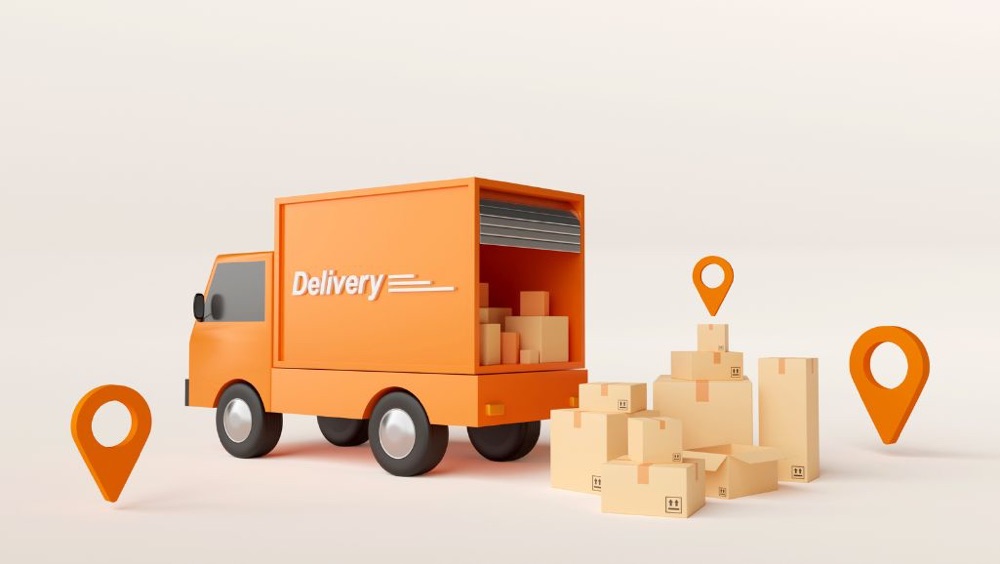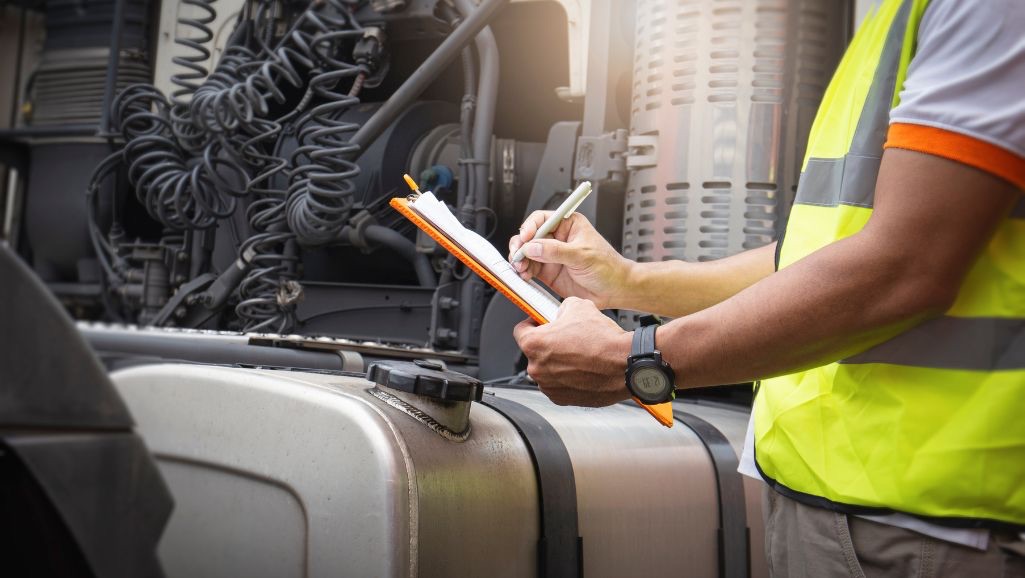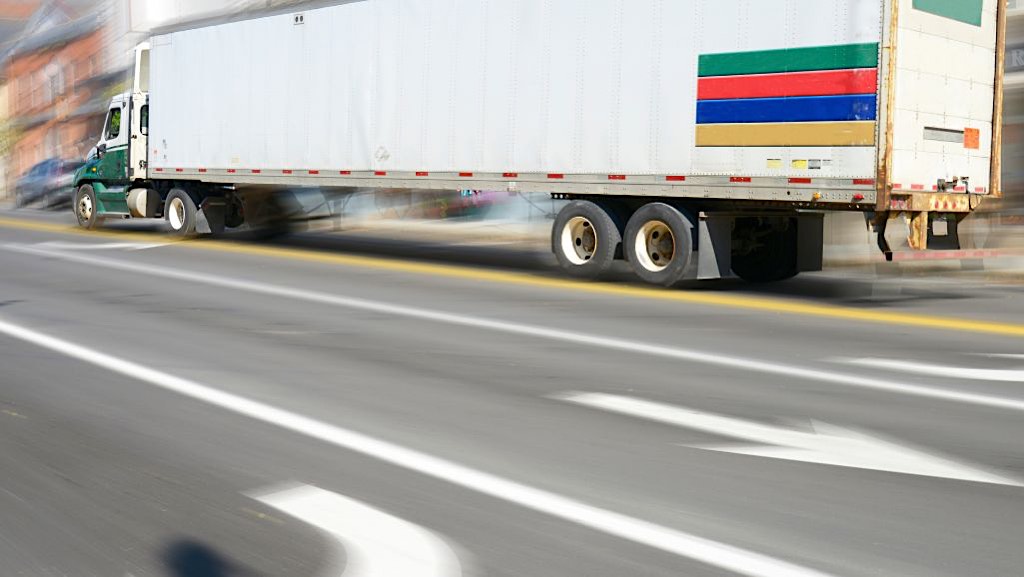
Distracted Driving Awareness Month in the U.S. and aims to reduce the number of people killed on the roads every year. The event is valuable for the population as a whole but even more critical for truck drivers because of the sheer responsibility of driving 18-wheelers and the cost of truck insurance.
About Distracted Driving Awareness Month
Distracted driving affects countless people across the country and kills approximately 3,300 annually (as of the latest count). The related month-long event runs from April 4-8 and encourages drivers of all stripes (including those driving commercial vehicles) to behave more responsibly and ethically to reduce the risk of death and serious injury.
Put the Phone Away or Pay is a flagship campaign and part of the effort. It reminds drivers how dangerous it is to use the phone behind the wheel and the legal consequences of being caught doing so.
It also calls on drivers to remind their friends and family to drive safely when they are in the driver’s seat. Relatives, colleagues, and acquaintances should encourage and promote a safe approach to the road.
How To Avoid Becoming A Distracted Truck Driver
So, what can you do to avoid becoming distracted as a truck driver to minimize collision risk?
Silence Your Phone And Keep It Out Of Sight
The first (and most practical step) is to keep your phone silent and out of sight. Tuck it away in the back or put it on the glove box to remove the temptation of using it.
According to NHTSA data, cell phone calling and texting were a factor in 12% of distracted driving incidents that resulted in deaths and 8% of total distracted driving incidents. Consequently, cell phone usage is responsible for more than 1.6 million incidents annually, which is why Distracted Driving Awareness Month focuses on it so much.
Be careful of using hands-free systems. While they might be legal, they are not risk-free because they can be distracting.
If you have to send messages, either pull over to the side of the road or get a colleague to send them for you. Don’t try to do it while driving.
Stay Alert
At the same time, it is essential to stay alert. Make sure that you:
- Get enough sleep before driving – tiredness can make you drowsy and cause you to fall asleep at the wheel
- Avoid in-cab distractions – Use voice activation to control things like the radio or GPS to reduce the risk of taking your eyes off the road further.
- Don’t preoccupy your mind with negative thoughts – Excessive rumination can take your mind off the road
Plan Your Trip In Advance
Finally, plan your route in advance and locate rest points along the way. Ensure you set the GPS and climate before setting off.
Contact us for the Best Commercial Vehicle Insurance Prices!
As independent brokers, the agents at American Insuring Group shop the market to find you the best rates on quality insurance that matches your needs! Call us today at (610) 775-3848 or Contact us online for the best rates on truck and commercial vehicle insurance!



 Commercial Motor Vehicle Insurance
Commercial Motor Vehicle Insurance Whether you're a fleet owner, fleet manager, or owner-operator, the right
Whether you're a fleet owner, fleet manager, or owner-operator, the right  In 2022, there were
In 2022, there were  Cargo theft can increase
Cargo theft can increase  Knowing how to prepare for and drive in any weather is crucial to lowering
Knowing how to prepare for and drive in any weather is crucial to lowering  Driver fatigue could be costing your company higher
Driver fatigue could be costing your company higher  Your
Your  We focus a great deal of time on safety to lower
We focus a great deal of time on safety to lower 



